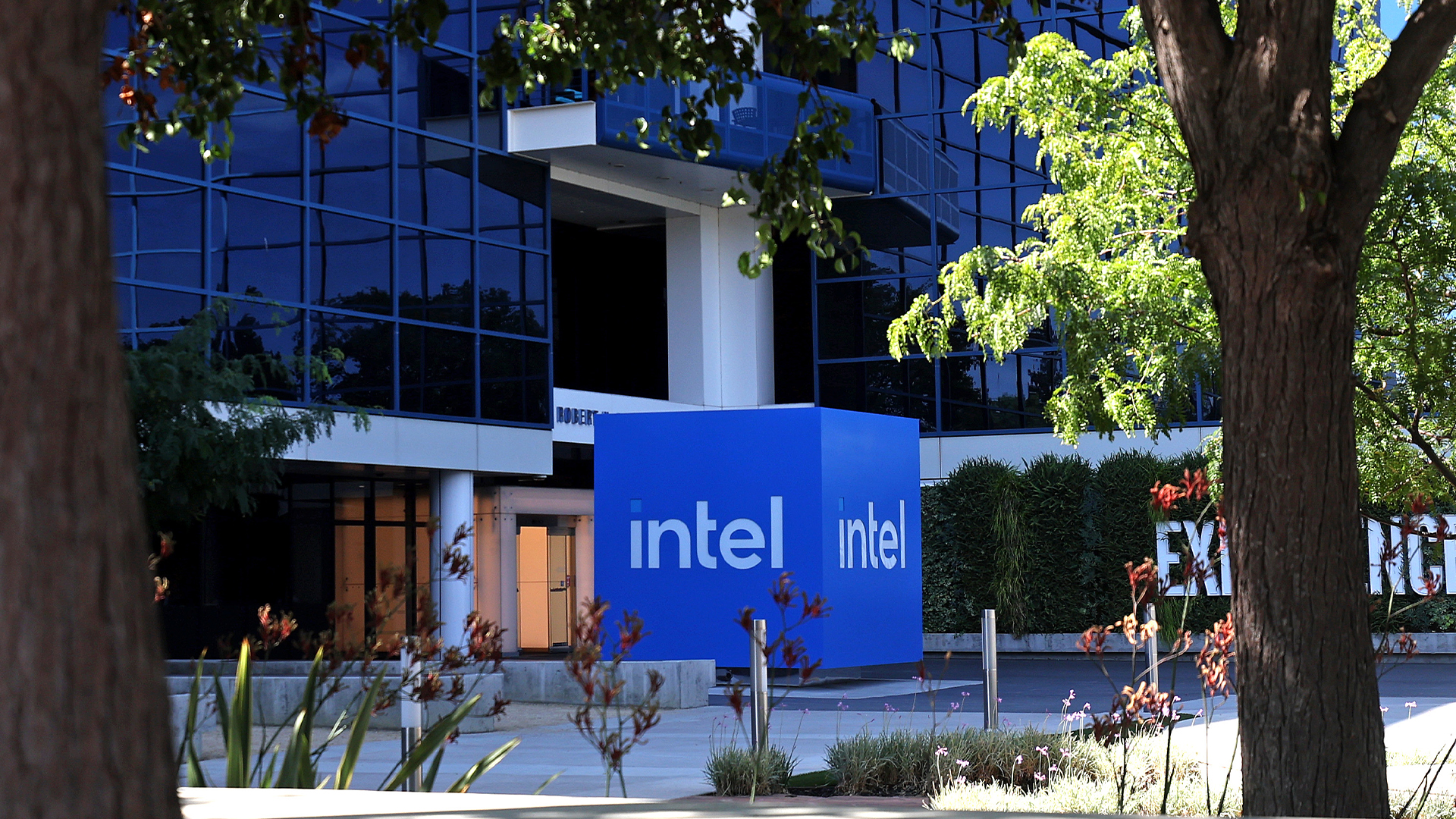Webroot acquires Prevx to lead 'security revolution'
Webroot, a Colorado-based web security firm, has bought UK company Prevx for an undisclosed fee.


Sign up today and you will receive a free copy of our Future Focus 2025 report - the leading guidance on AI, cybersecurity and other IT challenges as per 700+ senior executives
You are now subscribed
Your newsletter sign-up was successful
US web security firm Webroot has acquired Prevx, a British cloud-based anti-malware company.
Prevx's technology will be integrated into Webroot's cloud security services portfolio as part of the deal, which the latter said will "transform how security is delivered."
Financial details of the purchase remained undisclosed at the time of publishing.
"Webroot and Prevx share a common vision for revolutionising what we believe is a market in need of dramatic change," said Dick Williams, chief executive (CEO) at Webroot.
"This technology, combined with Webroot's innovations, customer service and support, will make it easy for consumers to stay protected online wherever they go and easy for businesses to protect their employees and their networks."
Williams promised the companies would provide the "best security service in the world" and described the acquisition as "a seminal event" for the industry.
Prevx founder Mel Morris said the two firms had a common "desire to innovate" during a time when the industry had fallen behind in the fight against cyber crime.
Sign up today and you will receive a free copy of our Future Focus 2025 report - the leading guidance on AI, cybersecurity and other IT challenges as per 700+ senior executives
"Today's cyber crime industry is rife with zero day exploits, social engineering and sophisticated techniques which make it possible for threats to get past traditional malware detection," Morris added.
"We are pleased to become a part of Webroot and join forces in leading a revolution in the security industry."
The announcement comes on the back of a number of recent acquisitions by Webroot, including those of email security provider Email Systems and website classification company BrightCloud.
Elsewhere in the security industry, there have been some major buys this year, including Intel's $7.68 billion acquisition of McAfee.
Tom Brewster is currently an associate editor at Forbes and an award-winning journalist who covers cyber security, surveillance, and privacy. Starting his career at ITPro as a staff writer and working up to a senior staff writer role, Tom has been covering the tech industry for more than ten years and is considered one of the leading journalists in his specialism.
He is a proud alum of the University of Sheffield where he secured an undergraduate degree in English Literature before undertaking a certification from General Assembly in web development.
-
 Anthropic researchers warn AI could 'inhibit skills formation' for developers
Anthropic researchers warn AI could 'inhibit skills formation' for developersNews A research paper from Anthropic suggests we need to be careful deploying AI to avoid losing critical skills
-
 CultureAI’s new partner program targets AI governance gains for resellers
CultureAI’s new partner program targets AI governance gains for resellersNews The new partner framework aims to help resellers turn AI governance gaps into scalable services revenue
-
 Intel to axe 24,000 roles, cancel factory plans in sweeping cost-cutting move
Intel to axe 24,000 roles, cancel factory plans in sweeping cost-cutting moveNews Despite better than expected revenue in its Q2 results, the chip giant is targeting a leaner operation
-
 Intel makes high-level hires while factory workers are warned of layoffs
Intel makes high-level hires while factory workers are warned of layoffsNews The company is appointing four senior executives as part of efforts to refocus on engineering and customer relationships
-
 Intel layoffs confirmed as CEO eyes 'sustainable growth'
Intel layoffs confirmed as CEO eyes 'sustainable growth'Intel’s new CEO Lip-Bu Tan has confirmed the company will be cutting its headcount in response to sluggish revenue.
-
 Everything you need to know about Lip-Bu Tan, Intel’s new CEO
Everything you need to know about Lip-Bu Tan, Intel’s new CEONews Intel has announced its next CEO in the wake of Pat Gelsinger's retirement, naming former board member Lip-Bu Tan as its new leader months after he quit.
-
 Intel CEO Pat Gelsinger announces retirement
Intel CEO Pat Gelsinger announces retirementNews Gelsinger’s departure comes amid a tumultuous period at Intel
-
 AMD to cut around 1,000 staff to focus on "growth opportunities"
AMD to cut around 1,000 staff to focus on "growth opportunities"News The AMD layoffs come after rival Intel cut staff on the back of flagging AI returns
-
 Meta layoffs hit staff at WhatsApp, Instagram, and Reality Labs divisions
Meta layoffs hit staff at WhatsApp, Instagram, and Reality Labs divisionsNews The 'year of efficiency' for Mark Zuckerberg continues as Meta layoffs affect staff in key business units
-
 The power and the pain: Looking forward so you’re not held back
The power and the pain: Looking forward so you’re not held backAvoiding server modernization may seem like a cost-saving strategy, but the hidden risks of downtime, security breaches, and operational inefficiencies can quickly become far more costly…
